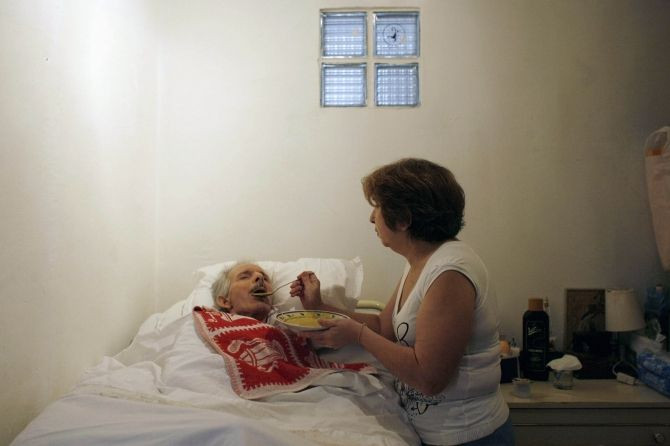Spouses of Heart Attack Victims Have Increased Risk of Suicide

The death of a spouse can be a huge blow to a person. New research has found that even a non-fatal sudden heart attack (an acute myocardial infarction) can result in high levels of stress and anxiety for spouses which also increases the risk of depression and suicide.
The study looked at records of more than 16,000 spouses who lost their partner due to a sudden heart attack and matched it to the records of more than 40,000 spouses of people who died due to other causes. Researchers even matched the data against more than 130,000 spouses of heart attack survivors.
They looked at the use of anxiety medications of the spouse before and after the partner's heart attack, calls to the health system for depression as well as suicide rates.
The study found that spouses of people who died due to a sudden heart attack were using medications to treat anxiety. The researchers also found that spouses whose partner survived a sudden heart attack had a 17 percent higher use of antidepressants than spouses whose partner survived other non-heart attack related diseases, said Dr. Emil Fosbøl, first author of the study.
Researchers say that people have time to mentally prepare themselves for the death of a partner during other health complications and this protects them from getting chronically depressed later on.
"If your partner dies suddenly from a heart attack, you have no time to prepare psychologically for the death, whereas if someone is ill with, for example, cancer, there is more time to grow used to the idea. The larger psychological impact of a sudden loss is similar to post-traumatic stress disorder," said Dr. Fosbøl.
According to the researchers, men were more likely to be depressed or commit suicide than women. The researchers believe that spouses who have had a partner admitted to the hospital for a sudden heart attack must be given help to cope with the stress and that these people must be screened for depression and given appropriate counseling.
"I believe that treatment of an acute event also should include screening the spouse for possible psychological effects and a plan should be in place for how to take care of this, if indeed the spouse is severely affected," concluded Dr. Fosbøl.
The study was published in the European Heart Journal.



























